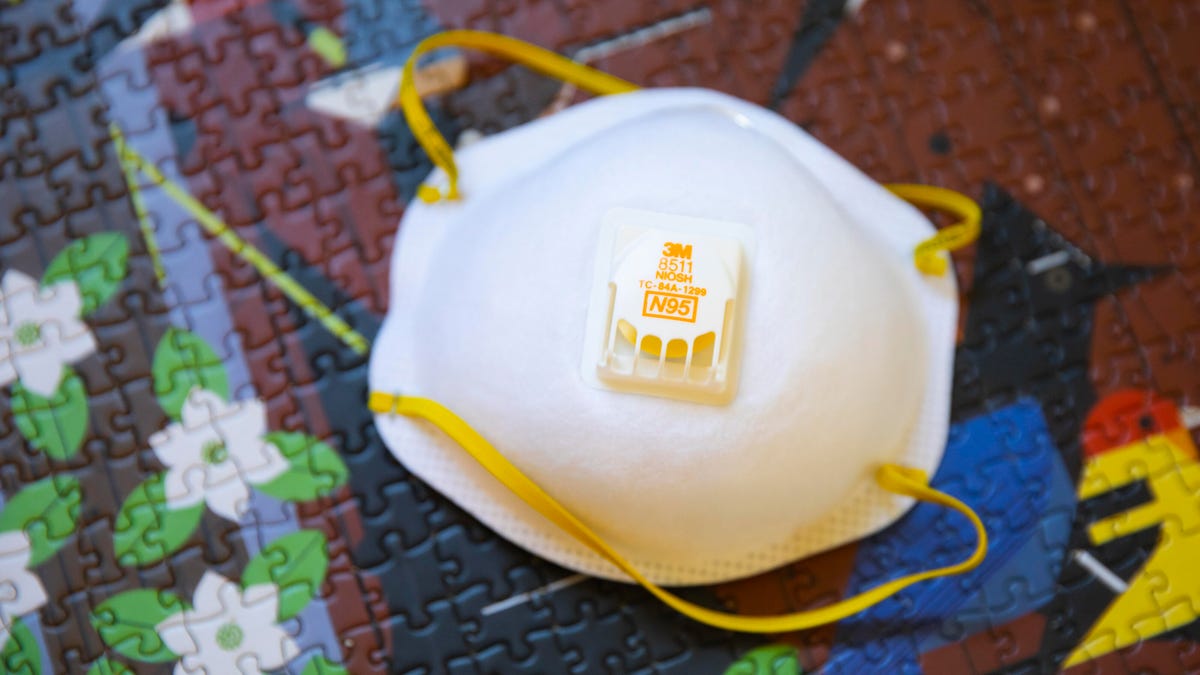COVID-19 prompts Vietnam hackers to hit China health officials for info, say researchers
The coronavirus "poses an existential concern to governments," leading to increased cyberspying over distrust about reported data, researchers say.

Government-backed hackers from Vietnam have been targeting Chinese health officials for information on the coronavirus, researchers said.
Public health officials are sharing information to develop best practices for handling the coronavirus pandemic -- and in some cases, governments are taking that crucial data by force.
In a report released Wednesday, researchers from the cybersecurity firm FireEye said government-backed hackers from Vietnam have been targeting the Chinese government to gather information on how China has been handling the COVID-19 outbreak.
The cyberattacks targeted China's Ministry of Emergency Management as well as government officials in Wuhan, where the coronavirus pandemic first began. The first known hacking attempt happened on Jan. 6, a day after the World Health Organization published its first disease outbreak warning about COVID-19.
That attack involved an email that contained a tracking link claiming to lead to a report on office equipment bids, FireEye researchers said. The link contained code that alerted the hackers if someone opened the email -- which would indicate that the targeted victim could be fooled into opening malware.
The attempted attacks resembled similar hacking campaigns by the Vietnamese government, according to the report. FireEye researchers said these attacks have been going on from at least January to April. The Vietnamese embassy didn't immediately respond to a request for comment.
"The COVID-19 crisis poses an intense, existential concern to governments, and the current air of distrust is amplifying uncertainties, encouraging intelligence collection on a scale that rivals armed conflict," FireEye said in its report. "Until this crisis ends, we anticipate related cyber espionage will continue to intensify globally."
US intelligence has accused the Chinese government of concealing information about the coronavirus outbreak, and in February, the Trump administration told CNBC that the White House doesn't have confidence in China's COVID-19 information. The Chinese embassy didn't immediately respond to a request for comment. Such distrust could be prompting countries to rely on hackers for information rather than cooperating with other nations.
The coronavirus and its impacts have also been used as bait by state-sponsored hackers. Google said Wednesday that cyberspies backed by foreign governments were using offers of free meals to trick US government workers into revealing login information.
Vietnam has been lauded for its quick response to the coronavirus pandemic after recording its first case on Jan. 23.

